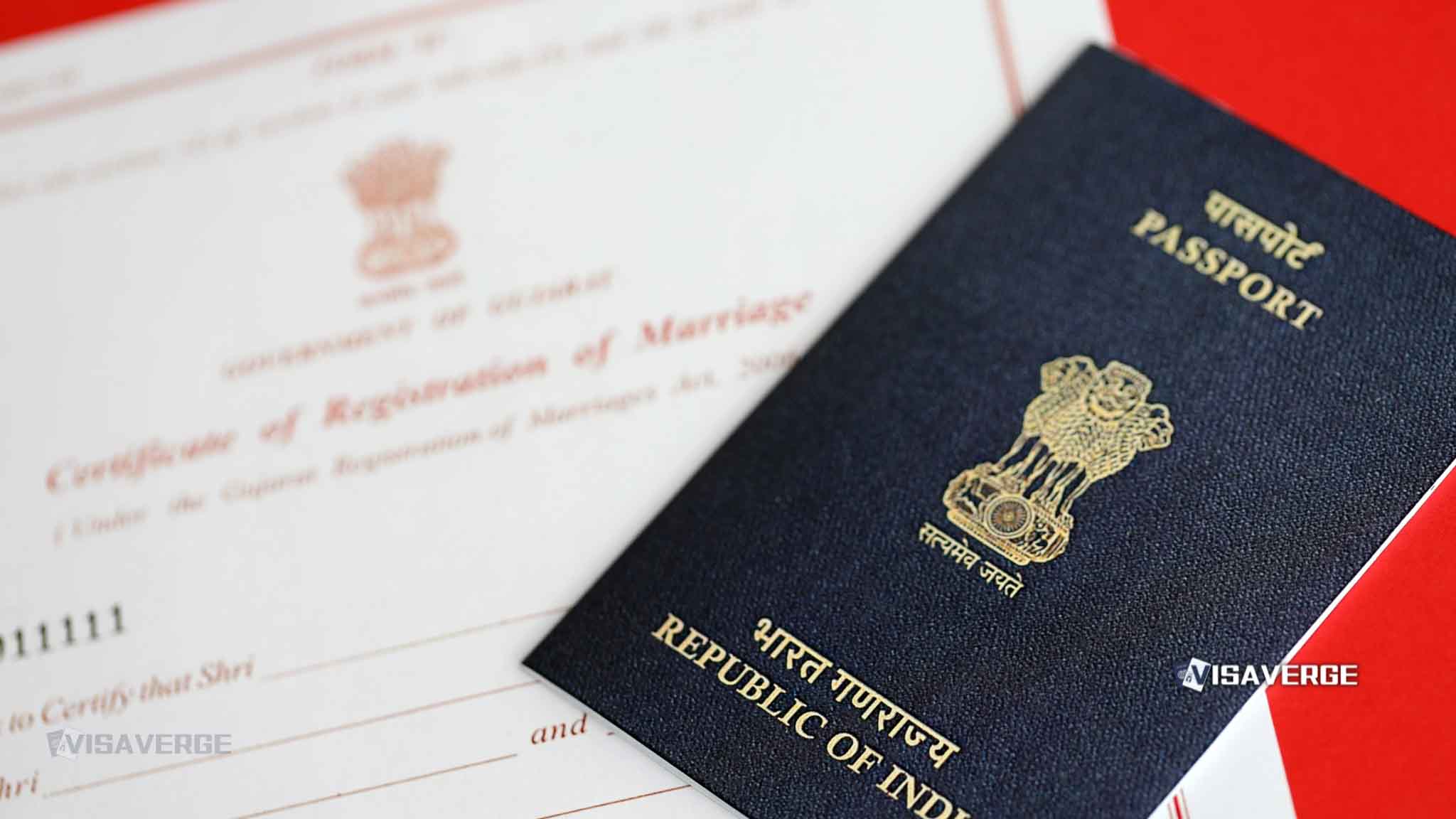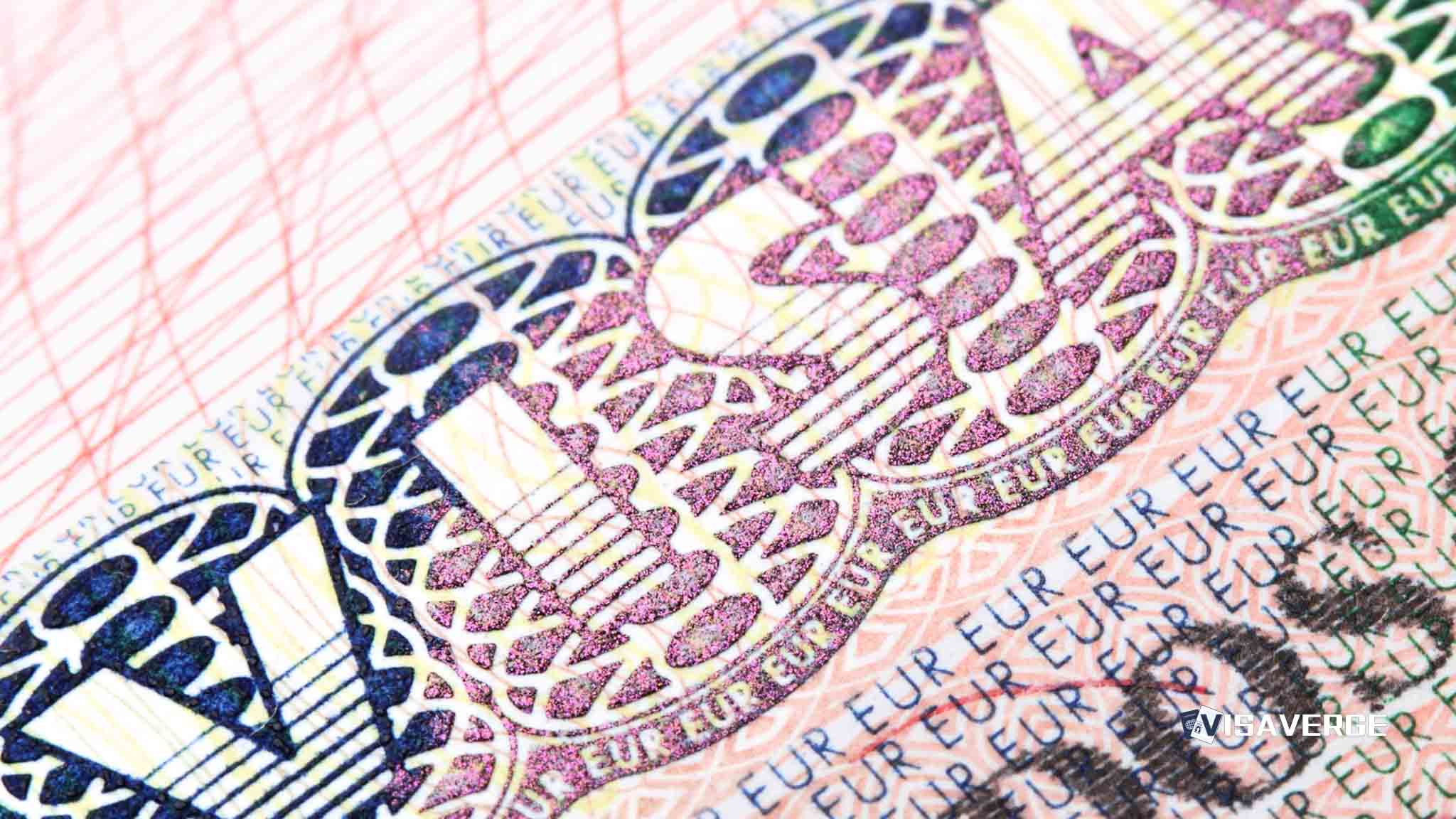More than 2 lakh Indians have surrendered their passports every year since 2022, according to the Ministry of External Affairs. This steady rise in voluntary renunciation of Indian citizenship highlights a major shift in migration patterns, with over 1.04 million Indians giving up their passports between 2019 and 2024.
The Ministry of External Affairs (MEA) shared these figures during the 2025 monsoon session of Parliament. The data shows that the number of Indians surrendering their passports has stayed above 200,000 each year since 2022. In 2022 alone, 225,620 Indians gave up their passports, followed by 216,219 in 2023 and 206,378 in 2024. This trend marks a significant increase compared to previous years, with 144,017 in 2019, 85,256 in 2020, and 163,370 in 2021.

The MEA’s data also reveals that since 2011, more than 1.75 million Indians have renounced their citizenship. Most years have seen over 100,000 people giving up their Indian passports. The sharpest rise began in 2019, peaking in 2022. Indians who renounce their citizenship often move to countries such as the United States 🇺🇸, Canada 🇨🇦, Australia 🇦🇺, the United Kingdom 🇬🇧, France 🇫🇷, and Germany 🇩🇪. Some also choose smaller countries like Antigua and Barbuda and Iceland.
India’s laws do not allow dual citizenship. Article 9 of the Indian Constitution and Section 9 of the Citizenship Act, 1955, make it clear that Indian citizens who acquire foreign nationality must surrender their Indian passports right away. Holding or using an Indian passport after getting foreign citizenship is illegal and can lead to penalties under the Indian Passport Act, 1967.
When someone gives up their Indian citizenship, they receive a Renunciation Certificate. Their Indian passport is stamped “cancelled due to acquiring foreign nationality.” This certificate is necessary for applying for visas, Overseas Citizenship of India (OCI) cards, or other consular services. Without it, former Indian citizens may face problems when dealing with Indian authorities abroad.
The process for renouncing Indian citizenship is straightforward but must be followed carefully:
1. Eligibility:
Any Indian passport holder who has acquired foreign citizenship must renounce their Indian citizenship.
2. Application:
Applicants must fill out an online application for the surrender of their Indian passport and/or renunciation of citizenship. This can be done on the Passport Seva website.
3. Submission:
The completed application, along with required documents and fees (usually US$25 plus service charges), must be submitted to the nearest Indian Mission/Post or through authorized service providers like VFS Global.
4. Processing:
The Indian passport is cancelled and returned to the applicant, along with the Renunciation Certificate.
5. Mandatory Compliance:
The Renunciation Certificate must be shown when applying for visas, OCI cards, or other consular services.
6. Penalties:
If someone fails to surrender their Indian passport after getting foreign citizenship, they may face penalties under Indian law.
The MEA is responsible for providing official data and making sure the rules are followed. Indian Missions and Consulates around the world handle the actual processing of renunciations and passport cancellations. Minister of State for External Affairs Kirti Vardhan Singh recently confirmed the rising trend in Parliament. Henley & Partners, a global migration advisory firm, also tracks these trends, especially among wealthy Indians.
The reasons behind this increase in renunciations are clear. Many Indians are looking for better jobs, education, and lifestyles abroad. Since India does not allow dual citizenship, anyone who becomes a citizen of another country must give up their Indian passport. This legal requirement, combined with the desire for new opportunities, drives the high numbers.
According to analysis by VisaVerge.com, the trend reflects the growing global mobility of Indians and their wish to settle permanently in other countries. The slight drop in the number of millionaires leaving India—from 5,100 in 2023 to 4,300 in 2024 and a projected 3,500 in 2025—shows some stabilization among wealthy individuals. However, the overall number of people giving up their passports remains high.
Regional data shows that some states, like Gujarat, have seen a doubling of passport surrenders in recent years. Many of those giving up their passports are between 30 and 45 years old and are moving to countries like the United States 🇺🇸, United Kingdom 🇬🇧, Canada 🇨🇦, and Australia 🇦🇺. The MEA tracks renunciations but does not keep detailed state-wise data beyond the overall numbers.
For those considering renunciation, it is important to follow the correct steps. The process starts with an online application, which can be found on the Passport Seva website. Applicants must provide proof of their new citizenship, their Indian passport, and pay the required fees. After processing, they receive a Renunciation Certificate, which is needed for future dealings with Indian authorities.
The Renunciation Certificate is especially important for those who want to apply for an Overseas Citizenship of India (OCI) card. The OCI card allows former Indian citizens to live and work in India for long periods, but it is not the same as dual citizenship. The application for an OCI card requires the Renunciation Certificate as proof that the applicant has given up Indian citizenship.
Failure to surrender the Indian passport after acquiring foreign citizenship can lead to serious problems. The Indian government may impose fines or other penalties. It is also illegal to use an Indian passport for travel after becoming a citizen of another country.
The MEA has made the process easier by allowing online applications and working with service providers like VFS Global. This helps Indians living abroad complete the process without having to travel back to India. The Indian Citizenship Renunciation Portal provides detailed instructions and forms for those who need to renounce their citizenship.
Looking ahead, there are no major policy changes expected regarding dual citizenship. India continues to prohibit dual citizenship, and the MEA is likely to keep a close watch on renunciation trends. Some experts believe that future discussions may focus on how to engage with the Indian diaspora while upholding current citizenship laws, but no concrete proposals have been made.
For now, the trend of passport surrenders is expected to continue at similar levels unless there is a significant change in policy. The large numbers involved show that many Indians are still seeking new lives abroad, even if it means giving up their Indian citizenship.
For those affected, it is important to stay informed and follow the correct procedures. The official Passport Seva website offers up-to-date information and online forms. Indian Missions and Consulates can provide guidance and support throughout the process.
In summary, the steady rise in the number of Indians surrendering their passports reflects both the legal requirements of Indian citizenship law and the strong desire among many to seek new opportunities abroad. The Ministry of External Affairs continues to monitor these trends and provide support to those going through the process. As more Indians make the decision to settle overseas, understanding the rules and following the correct steps will help avoid legal problems and ensure a smooth transition to life in a new country.
Learn Today
Renunciation Certificate → An official document proving an Indian citizen has surrendered their passport after acquiring foreign citizenship.
Dual Citizenship → Legal status allowing a person to be a citizen of two countries simultaneously; not allowed by India.
Overseas Citizenship of India (OCI) → A special permit for former Indian citizens to live and work in India without dual citizenship rights.
Passport Seva → The Indian government’s online portal for passport services including application for renunciation and surrender procedures.
Indian Passport Act, 1967 → Law governing issuance, surrender, and penalties related to Indian passports and citizenship rules.
This Article in a Nutshell
Since 2022, more than 2 lakh Indians annually renounce citizenship, driven by migration to countries like the USA and UK. India bans dual citizenship, requiring surrender of Indian passports upon acquiring foreign nationality, enforced by penalties and supported by streamlined online application processes.
— By VisaVerge.com













